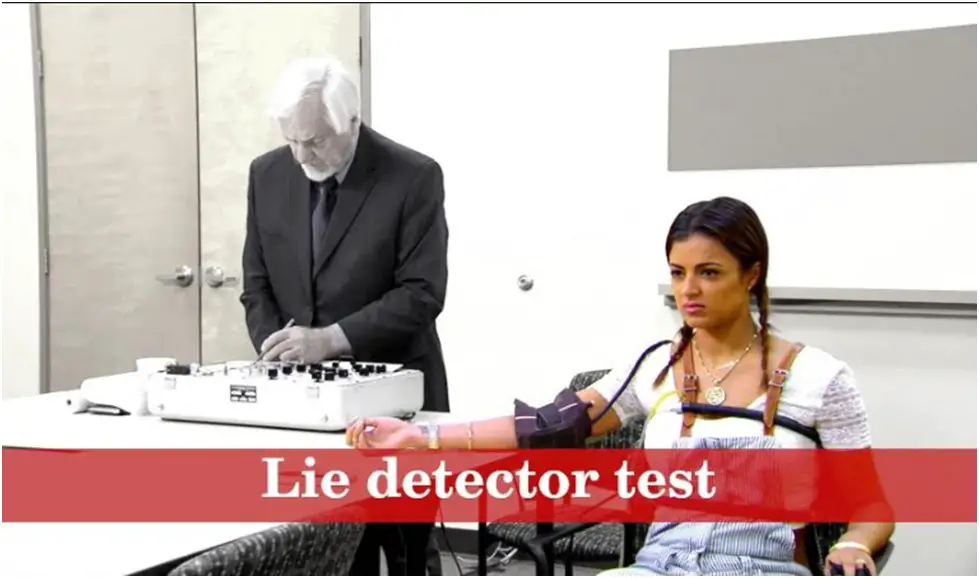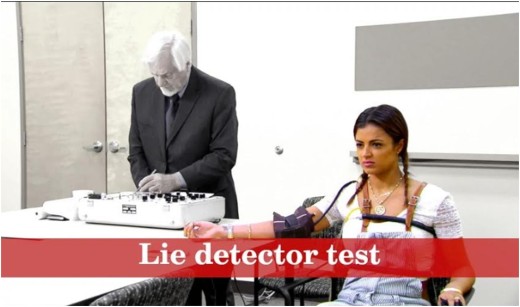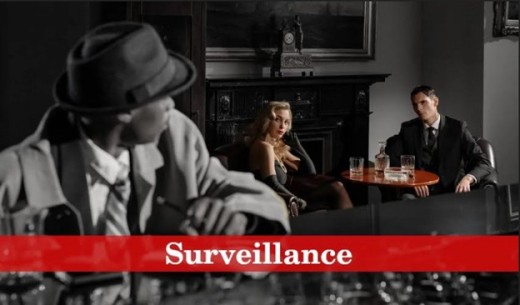Are Lie Detectors Reliable guide, Polygraph advice, Judicial system tips
Are Lie Detectors Reliable?
25 Nov 2021
Are Lie Detectors Reliable Advice
What do you imagine when you hear the word “løgndetektortest”? Of course you will imagine a sophisticated tool that is able to determine whether someone is honest or not. But you must have imagined that why if this tool is so trusted, we still need detectives? Of course the question is too “simple”. A lie detector tool certainly has many benefits but is not the only determinant of “truth” in an investigation? Curious? Just keep reading until the end!
Some judicial systems, in more than 90 countries, allow the lie detectors while others limit their use at the judicial level, but they do for employment tests or psychological training, for example. Because of these machines, in countries where it can be used as evidence in court, many innocents have ended up behind bars and many other guilty at liberty, which has led to numerous criticisms and to question whether they can be used as definitive evidence.
The main problem with the polygraph is that there are several ways to test to find out if the subject is lying and each of those ways gives completely different results. For example, in one of them the suspect is interrogated with totally normal questions such as ‘Isn’t it Monday?’ Or a similar very obvious question interspersed with much more aggressive questions such as ‘Did you kill the victim?’ Or in others he is shown many photos of pistols, including one of the pistol with which he committed the crime.
The downside is that if you are too strict you may get too many false positives and if you are too permissive too many false negatives, that is, more than in the device, the problem is in the way you use the device. According to a study by the National Academy of Sciences of the USA, the polygraph itself is surprisingly accurate, between 85 and 89% reliability. In fact, over the decades this tool has helped countless police officers catch criminals. This is an indisputable fact and certainly not without reason this tool is used by so many police stations around the world.
However, that same study indicates that the polygraph is not quite adequate to carry out criminal investigations or gather conclusive evidence, since despite its reliability it has a too large margin of error. There is always controversy but that doesn’t mean it will change the reason why so many people still believe in the effectiveness of this tool.
This reliability is above many other forensic techniques that are openly considered useful for research, such as some DNA identification methods. The judges, despite being regulated and allowed, do not just trust the device and also, according to the legislation of some countries, curiously, the accused has the right to lie if he wishes, so he could refuse to take a polygraph test or even if it were done, it would not have legal validity.
What difference does it make if it is proven that he is lying if you have that right?
The polygraph has been misled repeatedly and many of its principles and the arguments supporting the accusations are based on pure pseudoscience. The polygraph can measure certain parameters and those in particular with the reliability and margin of error that we mentioned before. The physicist and professor at the University of Maryland, Robert Lee Park, once commented wryly: “The polygraph discovers abrupt increases in the rhythm heart rate, blood pressure and sweating. Therefore, this machine is a very reliable orgasm detector. But does it detect lies? Only if one is faking an orgasm?”‘.
To fool the polygraph, simply press your toes tightly against the ground or concentrate on performing complex mathematical operations, so your stress and nerve levels would always be so high that you would overshadow the test. Then there is on the other hand its unfortunate use in television shows, where of course, bland quackery and a modicum of scientific rigor are totally out of place.
The lie detector, in short, is not a reliable instrument to know the truth, or at least in its entirety and use it for a specific purpose, as in a trial. It can serve to pressure, intimidate or make believe that a reliable result has been obtained to make the accused confess but never support the full weight of a sentence on the result of a test.
So what’s the conclusion?
Is this tool really useless? Or even useful? Of course this tool is useful, otherwise it would not be used by many police institutions in the world, including in Scandinavian countries. Although this tool is not a right or wrong determinant, but at least it will help narrow a person’s chances of being guilty or not. I hope this article was useful to you and thanks for reading!
Comments on this is are lie detectors reliable guide article are welcome.
Architecture
Vision for National Centre for Music at Royal High School
New National Centre For Music Edinburgh
525 Park View, Ferry Road, north of the city centre
525 Park View, Ferry Road homes
Rowanbank Gardens
Rowanbank Gardens Edinburgh Housing
Powderhall Stables Building
Powderhall Stables Building
Comments / photos for the Are lie detectors reliable guide page welcome



